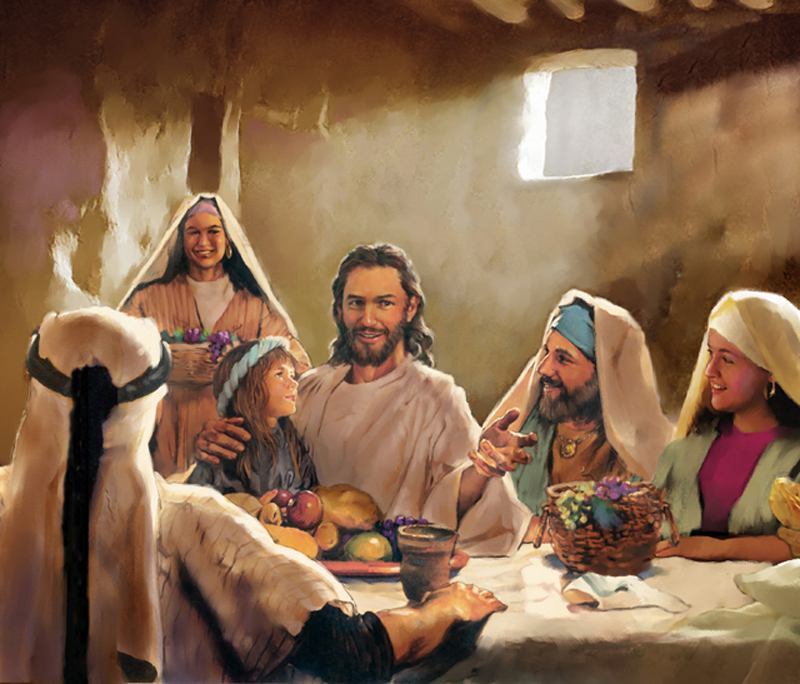 “He has showed you, O mortal, what is good. And what does the Lord require of you?
“He has showed you, O mortal, what is good. And what does the Lord require of you?
To act justly and to love mercy and to walk humbly with your God.” ~Micah 6:8
The three things in Micah 6 are not new. This isn’t a revelation to God’s people in the 7th century BC and it’s not new information for you and me this week. This has always been at the heart of God’s covenant with his people: Treat everybody the way I’ve treated you.
So, how has God treated you?
Allow me to remind you.
When it comes to your shortcomings and failures, when it comes to your rebellion and transgressions against God and neighbor, when it comes to your sin, our Lord Jesus looked at the Father and said, “Put that on my account.”
While we were still sinners, Christ died for us. While we were God’s enemies, we were reconciled to the Father through the death of Jesus. God has brought you life-changing justice and he has shown you amazing mercy. Not because you are so good or because you are somehow chosen or special–this is the way he is with everybody! And his number one priority is that you and I would act the same way, that bringing justice and showing mercy would be your top priority and my top priority.
Because then people would see him in us. People would experience God in us if our priorities and God’s priorities were the same.
Jesus showed people God. He invited people to follow him, to walk with him along the way. He ate with people he wasn’t supposed to eat with. He hugged people he wasn’t supposed to touch. He forgave people who were unforgivable. And they saw God.
You know how to do that. You know how to forgive someone who’s done you wrong. You know how to just sit with someone and be present. You know how to pray for somebody who wants to see you hurt. You know, because you’ve done that with your daughter. You’ve done all that with your son. You move heaven and earth to practice justice and mercy and love for your children and it doesn’t matter where they are or what they’ve done. It’s beautiful.
Jesus says, “That’s where I am.” The hungry and thirsty, the foreigner, the naked and sick, the people in prison; people who’ve done wrong, people who’ve messed up, people who can’t take care of themselves.
I can’t solve all the issues being created by the government shutdown. I can’t fix crime or cancer. I can’t solve unemployment or racism or poverty or addiction. I can’t fix that. You can’t figure any of that. We don’t have the solutions.
But I can have breakfast with a guy whose wife is dying. I can treat a lonely person like she really belongs. I can forgive someone who will never tell me they’re sorry. I can pray with someone who hasn’t been to church in years. I can stand with somebody when it might be easier to take the other side.
Isn’t that what you want to do with your life? What else would you want to do? Don’t you want to be that guy? Don’t you want to be that woman?
On that day of glory, when you get to heaven, the Father will look you right in the eye and smile and say, “Well done.” For what? Well done? Why would the Father say “Well done?”
Well done for going to the right church and worshiping correctly a couple of times a month?
No.
Well done for acting justly, for loving mercy, and for walking humbly with me.
Peace,
Allan







Recent Comments